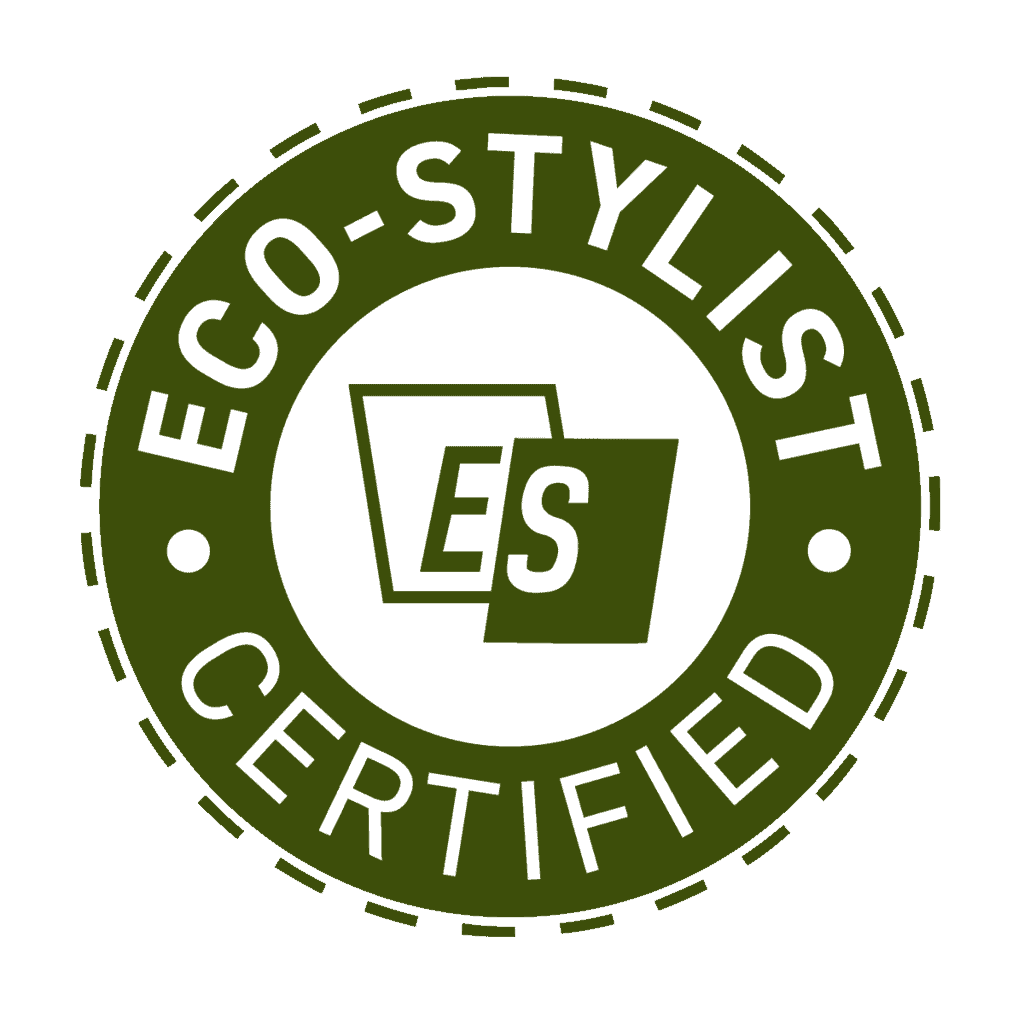
Organic Basics’ name is very telling of the products they make – comfortable closet essentials from bras and socks to longsleeve shirts and beanies. Their closet basics come in solid shades and neutral colors. They believe the most important principle to follow when making clothes is to make them last.
Organic Basics
Organic Basics’ name is very telling of the products they make – comfortable closet essentials from bras and socks to longsleeve shirts and beanies. Their closet basics come in solid shades and neutral colors. They believe the most important principle to follow when making clothes is to make them last.
Transparency

- Organic Basics shares extensive information about where its products are produced. They share information about their factories in Portugal, Italy, Turkey, Austria, and Scotland.
- According to their 2021 impact report, Organic Basics has 100% traceability of their sewing factories (tier 1) and 71% traceability of their raw materials suppliers.
- Organic Basics discloses the certifications of each factory that works to protect the environment and to promote human and labor rights.
Fair Labor

- Organic Basics say they work with certified factories that treat workers with respect.
- Workers earn a living wage in at least 50% of the factories they’re in business with.
- Some factories provide benefits including transportation to work, healthcare, and lunch.
- Fair Labor can improve by adopting the Fair Labor Association’s Code of Conduct to apply to all suppliers to ensure their compliance with international labor standards.
Sustainably Made

- Organic Basics shares their carbon emissions in their impact report.
- They offset their carbon emissions with the help of their partner One Carbon World.
- Over 90% of their raw materials are more sustainable, with 75% being natural (organic cotton, tencel) and 15% being recycled materials.
- They’ve also replaced their recyclable but not reusable mailers with reusable ones that are FSC certified.
- Organic Basics can improve sustainability by ensuring fair labor certifications for more than 50% of their raw materials and investing in circularity.



